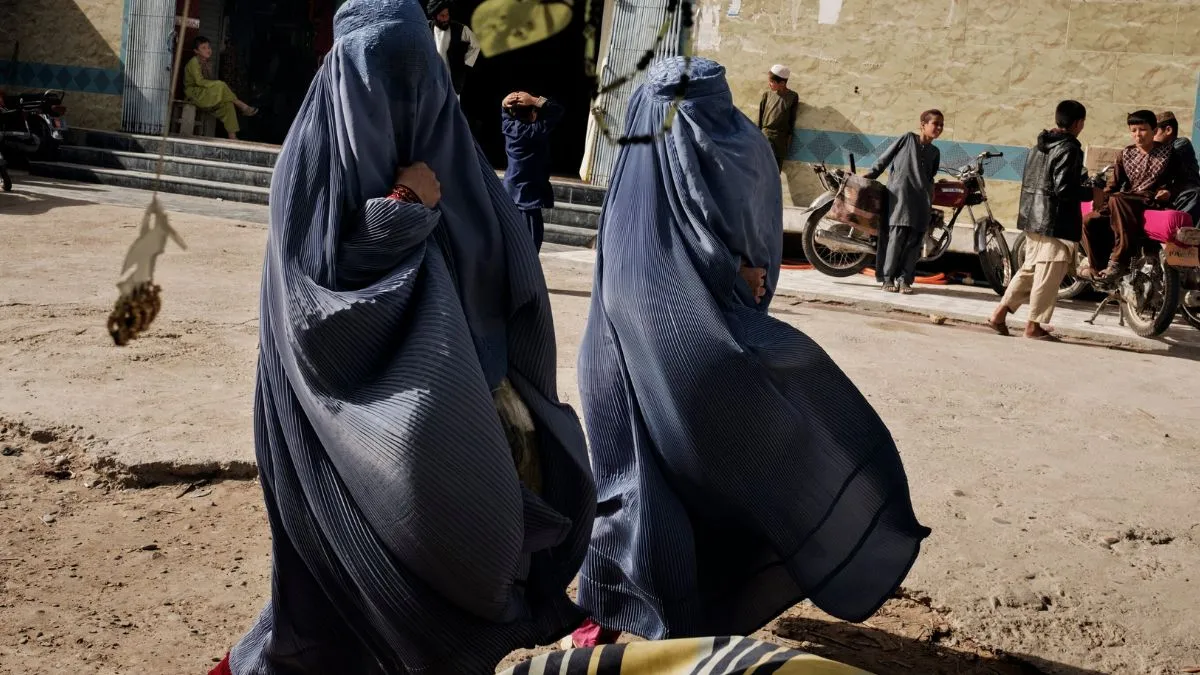The Taliban-led government in Afghanistan has introduced a controversial ban that prohibits women from visiting the Band-e-Amir National Park in the Bamiyan province. The ban is grounded in concerns over women’s adherence to the hijab (veil) requirement within the premises of the park.
Mohammad Khaled Hanafi, the acting minister of virtue and vice in Afghanistan, has confirmed that the ban has been imposed due to allegations that women have not been following the hijab rule while inside the park. Hanafi has called upon religious clerics and security agencies to enforce this ban until a resolution can be achieved.
Band-e-Amir National Park, established as Afghanistan’s first national park in 2009, holds great appeal as a tourist destination. The ban on women’s entry has implications for families and tourists who seek to explore the park’s natural beauty and distinctive geological formations, including a series of naturally created lakes that have earned UNESCO recognition.
While Hanafi has emphasized that visiting the park for leisure is not mandatory, religious clerics in Bamiyan, the location of the park, argue that the women who did not adhere to hijab guidelines were likely non-local visitors.
The imposition of this ban has sparked reactions both locally and globally. Former Afghan MP Mariam Solaimankhil expressed her thoughts through a poem shared on social media, vowing to return to the park despite the ban.
Fereshta Abbasi from Human Rights Watch criticized the timing of the ban, pointing out its enforcement on Women’s Equality Day and labeling it as “a complete disregard for the women of Afghanistan.”
Richard Bennett, the UN Special Rapporteur on human rights in Afghanistan, questioned the necessity of preventing women from visiting Band-e-Amir to uphold Sharia law and Afghan culture.
The ban on park visits adds to the series of restrictions women have faced since the Taliban’s resurgence to power in August 2021. This includes the closure of hair and beauty salons and the prohibition of women from participating in national university entrance exams in mid-July.
These actions are in line with the Taliban’s historical approach of temporarily limiting women’s engagement in various activities, raising concerns about gender equality and human rights in the region.




